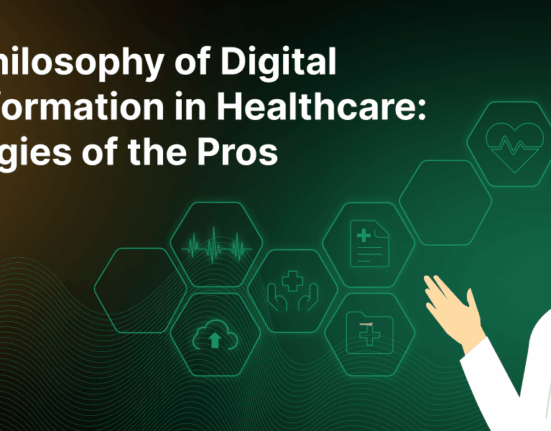The Federal Government of Nigeria has taken a groundbreaking step in its journey towards digital transformation within the public sector. The recent launch of the Enterprise Content Management (ECM) system at the Federal Ministry of Health and Social Welfare signifies a pivotal moment in embracing technology for efficient governance.
Under the overarching Federal Civil Service Strategy and Implementation Plan 2021–2025 (FCSSIP 25), this innovative ECM system is strategically designed to usher in a new era of digitalization by digitizing records, streamlining workflows, and reducing dependence on paper-based processes. This move aligns with the government’s ambitious target to achieve 80% digitalization of operations by the year 2025 and transition to a completely paperless civil service by 2030.
During the official launch event in Abuja, Coordinating Minister for Health and Social Welfare, Professor Muhammad Ali Pate, lauded the ministry’s dedicated leadership and staff for their commitment to driving this transformative change. He emphasized that the ECM system represents more than just a technological tool but embodies a fundamental shift towards an efficient, client-focused service delivery model.
“This is not just about adopting new software; it’s about fundamentally changing how we operate as a ministry,”
Professor Pate remarked.
“Our teams have demonstrated exceptional dedication in translating our vision of digital transformation into tangible actions.”
Highlighting the broader implications of this initiative, Professor Pate voiced his optimism about the long-term impact on not just healthcare governance but also on overall government operations.
“Sustaining this model will not only revolutionize our civil service but also pave the way for broader national transformation,”
he added.
Mrs. Didi Esther Walson-Jack OON mni, Head of the Civil Service of the Federation (HoCSF), echoed these sentiments by underlining that this move underscores government’s unwavering commitment to enhancing public services through citizen-centric approaches. She emphasized that embracing technologies like ECM is pivotal in reimagining how ministries can better serve Nigerian citizens amidst an increasingly digital landscape.
“As we navigate this era of rapid technological advancement, it is imperative that we adapt our practices to meet evolving citizen needs,”
Mrs. Walson-Jack stated during her address.
“The implementation of ECM at the Federal Ministry of Health exemplifies our proactive stance towards modernization.”
Permanent Secretary Daju Kachollom further elaborated on how the ECM system stands poised to revolutionize vital aspects such as record-keeping, collaboration mechanisms, and data security protocols within the ministry. By emphasizing that this transition goes beyond mere upgrades and entails adopting an integrated approach for enhanced service delivery efficiency and cost optimization.
“This shift marks a significant milestone in our quest to realign with national development priorities and deliver more effectively on our mandates,” Permanent Secretary Kachollom affirmed while encouraging all staff members to embrace innovation wholeheartedly.
With several key ministries already onboarded onto the ECM platform, including notable entities like Office of Head of Service, State House Ministries Finance Education Solid Minerals Development – stakeholders expressed confidence that this paradigm shift towards digitization will be instrumental not only in fortifying healthcare services but also catalyzing wider governmental effectiveness across sectors.









Leave feedback about this